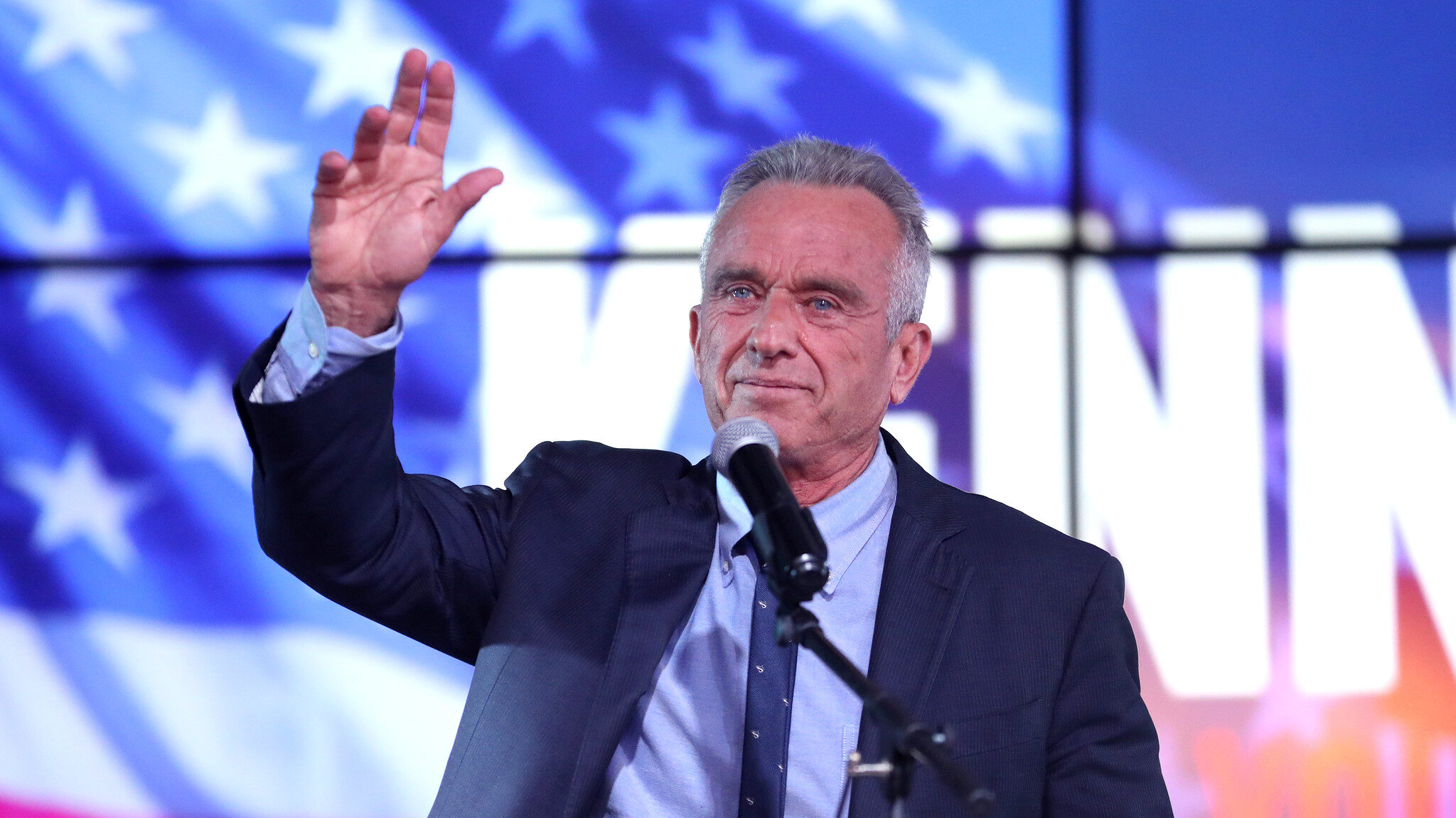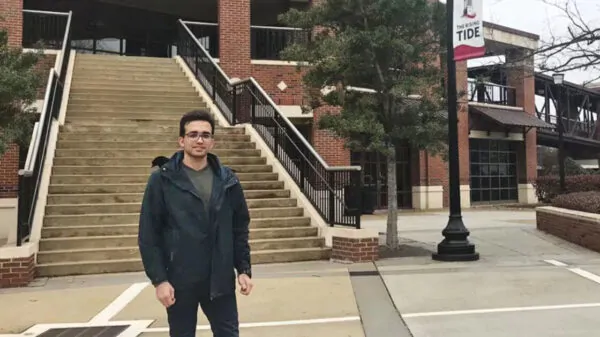|
Getting your Trinity Audio player ready...
|
Independent presidential campaign Robert F. Kennedy Jr. is scheduled to address the student community at the University of Alabama on Jan. 24. The event is set to be held at the Sellers Auditorium, Bryant Conference Center from 1 to 3 p.m.
According to a press release, Kennedy plans to delve into issues deeply resonating with today’s younger generation such as the pervasive student loan debt crisis and the elusive American Dream.
In the press release, Kennedy’s campaign highlighted several polls, including a Quinnipiac poll that shows his growing popularity, especially among independent voters. Kennedy leads with 36 percent, outdoing both President Biden’s 32 percent and former President Trump’s 26 percent.
As a third-party candidate, Kennedy could play a spoiler role by attracting voters, especially independents who are crucial in the upcoming elections.
A third-party candidate has never won a U.S. presidential election. While third-party or independent candidates have occasionally had a significant impact on the outcome of presidential elections, none have secured enough electoral votes to win.
The most successful third-party candidates in U.S. history include Theodore Roosevelt in 1912 (running as a Progressive or “Bull Moose” Party candidate), who came in second in both the popular and electoral vote, and Ross Perot in 1992, who gained a notable 18.9 percent of the popular vote but did not win any electoral votes. However, their candidacies affected the dynamics of those elections, influencing the final results.






















































